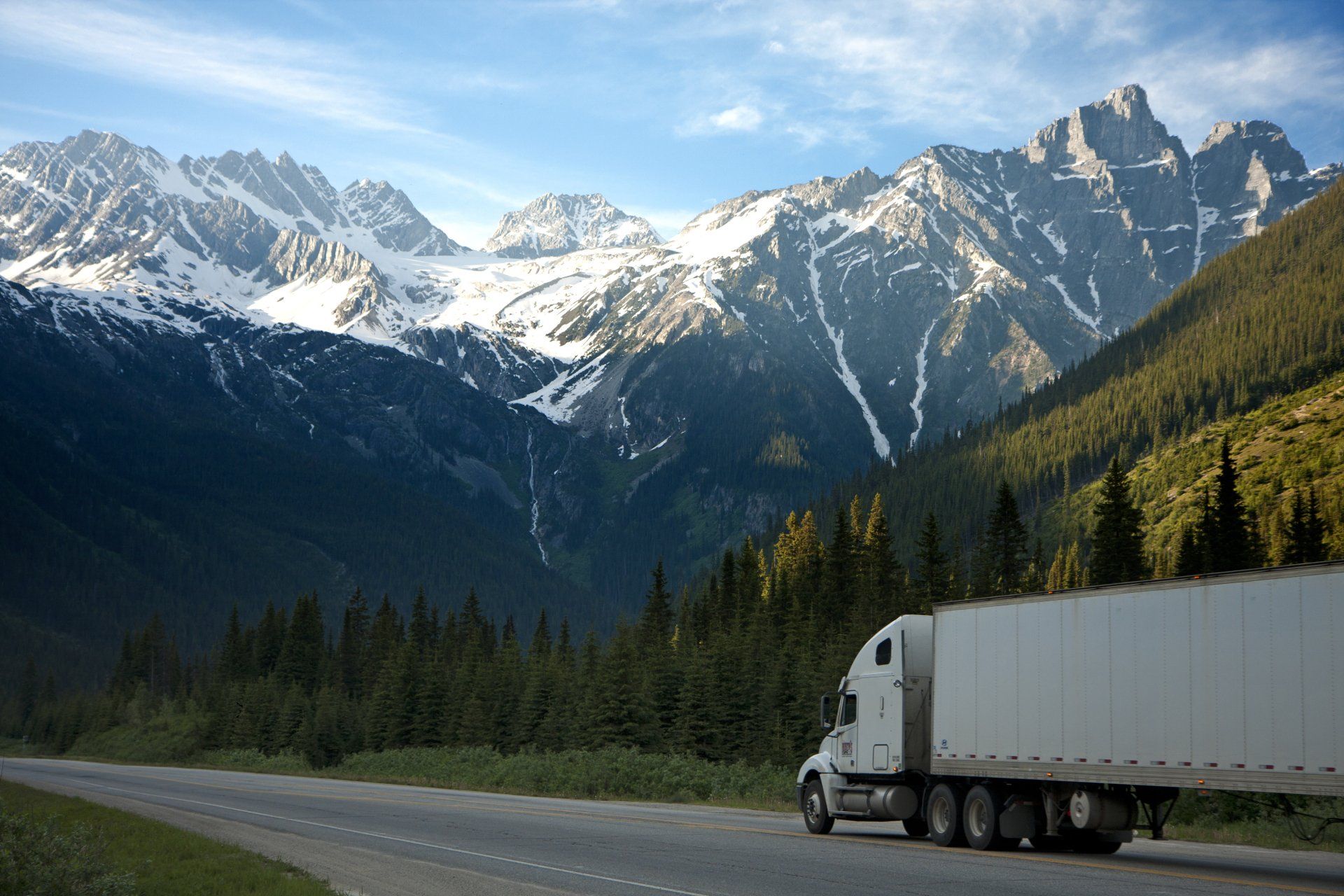18-Wheeler Accidents
Alabama Big Truck Accident Lawyer

18-wheeler accidents, also known as semi-truck or big rig accidents, are significant events on roadways due to the size and weight of these vehicles. Such accidents often result in severe consequences, including serious injuries, fatalities, and extensive property damage. Understanding the causes, impacts, and preventive measures of 18-wheeler accidents is crucial for improving road safety. Here’s an overview of the key aspects:
Causes of 18-Wheeler Accidents
- Driver Fatigue: Long hours on the road can lead to driver fatigue, impairing reaction times and decision-making abilities.
- Distracted Driving: Use of mobile phones, eating, or other distractions can lead to loss of control over the vehicle.
- Speeding: Exceeding the speed limit or driving too fast for road conditions can cause accidents.
- Poor Weather Conditions: Rain, snow, fog, and ice can make driving hazardous, especially for large trucks.
- Mechanical Failures: Issues like brake failures, tire blowouts, or engine problems can lead to accidents.
- Improper Loading: Overloading or unevenly loaded cargo can affect vehicle stability.
- Inexperienced Drivers: Lack of experience or insufficient training can lead to mishandling of the truck.
Impacts of 18-Wheeler Accidents
- Human Toll: High risk of severe injuries or fatalities to drivers, passengers, and other road users.
- Economic Costs: Significant costs related to medical expenses, property damage, lost productivity, and legal fees.
- Traffic Disruptions: Major accidents can cause long traffic jams and delays, affecting daily commutes and goods transportation.
- Environmental Damage: Spills of hazardous materials can cause environmental contamination and require costly cleanup efforts.
Preventive Measures
- Regulations and Enforcement: Strict enforcement of regulations regarding driving hours, vehicle maintenance, and load limits.
- Driver Training: Comprehensive training programs for truck drivers to handle various driving conditions and emergencies.
- Technology Integration: Use of advanced technologies like collision avoidance systems, electronic logging devices, and automated braking systems.
- Regular Maintenance: Routine inspection and maintenance of vehicles to ensure they are in safe operating condition.
- Public Awareness: Campaigns to educate the public on sharing the road safely with large trucks.
- Infrastructure Improvements: Enhancements in road design, including wider lanes, better signage, and dedicated truck lanes.
Legal Aspects
- Liability: Determining liability in 18-wheeler accidents can be complex, involving drivers, trucking companies, manufacturers, and maintenance providers.
- Compensation: Victims may be entitled to compensation for medical expenses, lost wages, pain and suffering, and other damages.
- Regulations: The Federal Motor Carrier Safety Administration (FMCSA) sets regulations for commercial trucking, including hours of service, maintenance standards, and driver qualifications.
Conclusion
18-wheeler accidents are a critical safety concern on highways. Addressing the causes through stringent regulations, technological advancements, and public awareness can significantly reduce the incidence and severity of these accidents. For those affected, understanding legal rights and the avenues for compensation is essential for recovery and justice.
If you or someone you know has been injured in an accident with a Big Truck, 18-Wheeler, Tractor Trailer, or Semi-Truck, contact The Justice Law Firm, LLC today for a FREE consultation.


